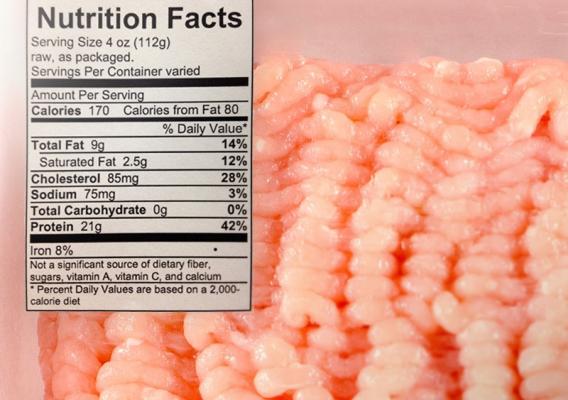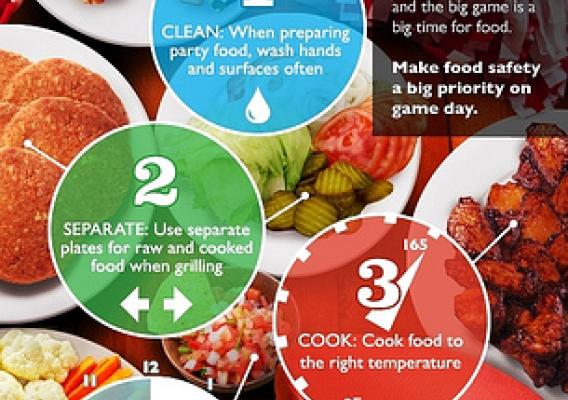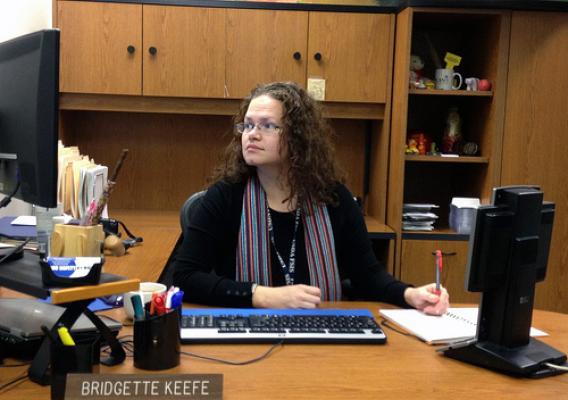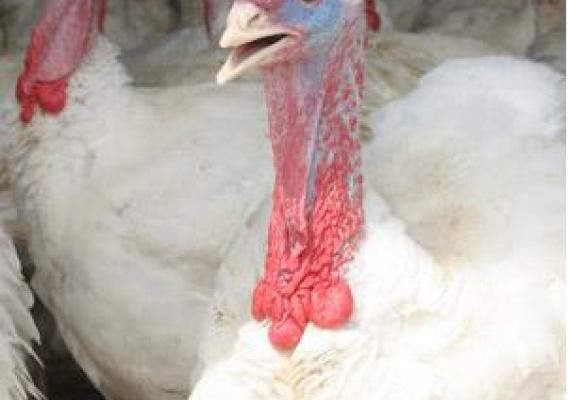Ensuring that Americans have access to safe, nutritious food is USDA’s top priority. Yesterday afternoon, USDA introduced plans to modernize and accelerate service delivery in all areas of the Department by introducing our Blueprint for Stronger Service. The plan will help USDA and rural America preserve and strengthen the significant investments we have all made to American agriculture over the past three years. It takes a realistic view of the needs of American agriculture in a challenging budget climate, and lays out USDA’s plans to strengthen service in all areas, particularly in ensuring the safety of America’s food supply.
The work of USDA’s Food Safety and Inspection Service, or FSIS, is critical to the safety of our food supply. As the public health regulatory agency within USDA, FSIS has nearly 10,000 employees scattered throughout the country, working in slaughterhouses, processing facilities, laboratories, or conducting surveillance. Each job is critical to public health. Through their inspection, testing or surveillance duties, FSIS staff make sure America’s meat, poultry and processed egg products are safe, wholesome, and correctly labeled.






